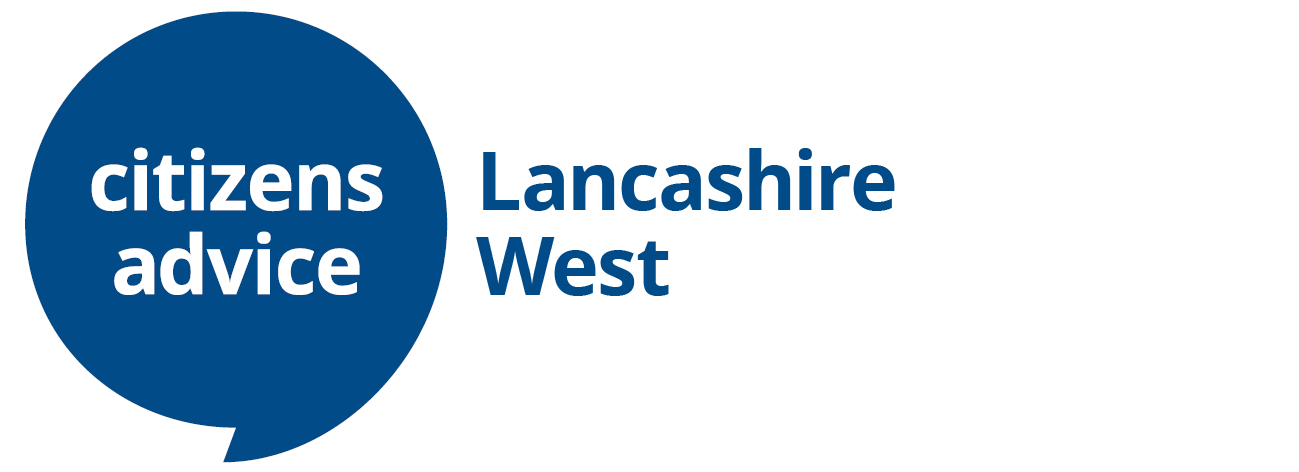More Workers Forced to Food Banks as Cost of Living Crisis Deepens
During the pandemic, Wolverhampton resident Leanne McDonald set up Simple Acts of Kindness to help families in financial difficulty. Five years on, she says the cost of living crisis has left more working people — including skilled professionals — turning to her group for help.
The charity now supports six to seven families each week across Wolverhampton, Birmingham, and the Black Country. It distributes donated household items such as furniture and clothing, while also directing people to other support services.
But what stands out most to Ms McDonald is the rise in people with full-time jobs seeking help.
“They’re highly skilled but unfortunately the wages just aren’t there,” she said.
“It was a surprise to me that many, are struggling to feed their families. I feel that we are in quite desperate times at the moment.”
Recognition and frustration
In 2024, Ms McDonald received an award from MP Stuart Anderson for her work. Yet she admits it is particularly disheartening to see teaching staff unable to afford essentials.
“It’s really disheartening because we rely on these people to teach our children and provide care and support to families,” she said.
Alongside her full-time role at a training academy, Ms McDonald continues to run the group from her family home, renting storage space for donations. Volunteer numbers, however, have fallen from around 10 to just three, with many former helpers forced to take on extra paid work due to financial struggles of their own.
Despite the pressure, she insists the work must continue:
“I’ve had to find a good balance – my family are really understanding. My children live in a house where people are constantly dropping items off or collecting items.”
Fundraising for survival
To cover growing costs, Simple Acts of Kindness is hosting a fun day at the Golden Bar and Grill in Wolverhampton on 30 August.
Wider warning signs
Ms McDonald’s concerns echo a wider picture highlighted by Citizens Advice, which warned earlier this year that people on the lowest incomes are “running out of options” as bills rise.
A report from the Institute for Public Policy Research (IPPR) in March revealed:
Households in the lowest 10% of incomes spend about 41% of earnings (after housing costs) on essentials such as water, energy, broadband and car insurance.
By contrast, those on middle incomes spend 11%, while the top 10% of earners spend just 5%.
Dame Clare Moriarty, chief executive of Citizens Advice, said:
“For those on the lowest incomes, these unavoidable costs are already eating away at their finances, leaving their budgets stretched beyond breaking point.”

